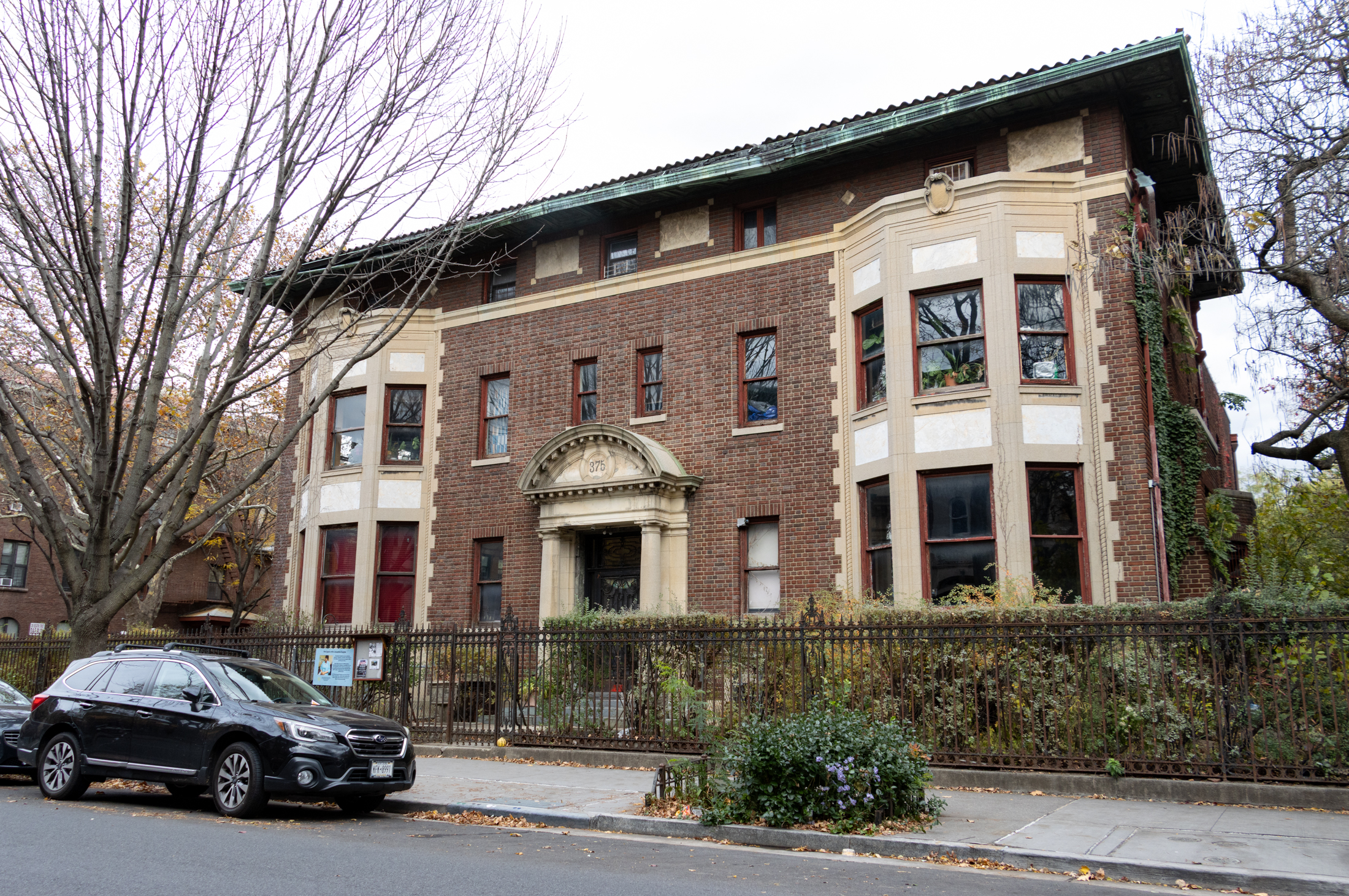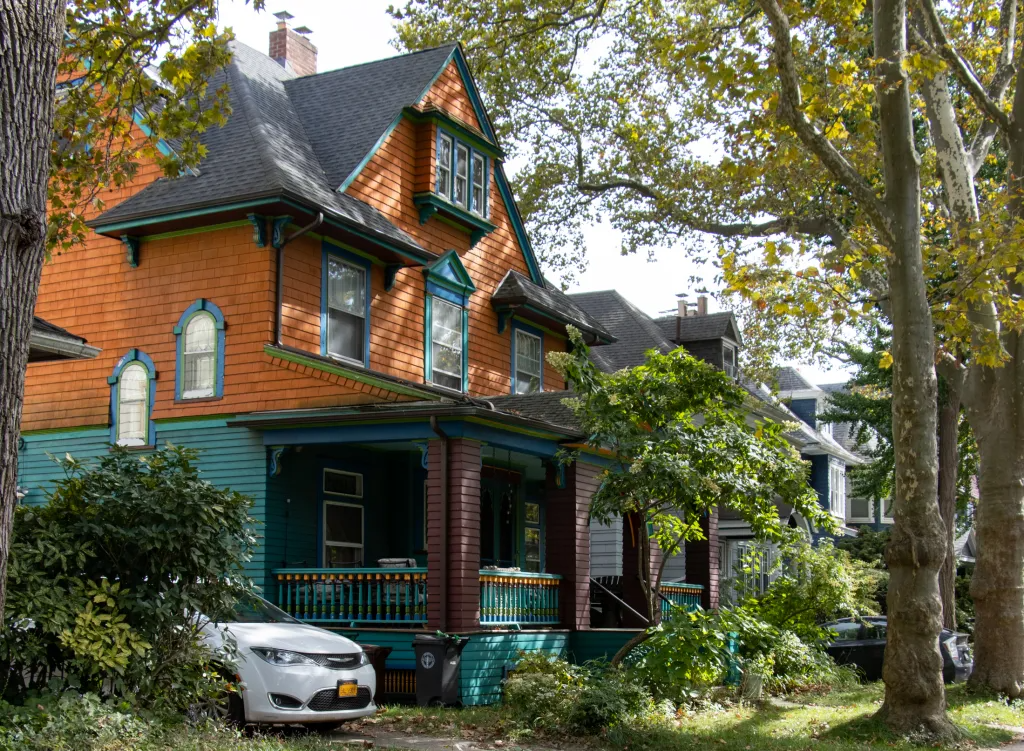Dip in Home Sales Sign Market Has Turned?
August 24, 2005, NY Times — The nation’s long housing boom appears to be losing steam. Sales of existing homes fell more than expected in July and prices were virtually flat compared with the previous month, the National Association of Realtors reported yesterday. Perhaps most significant, the price of condominiums, which have recently attracted a…
August 24, 2005, NY Times — The nation’s long housing boom appears to be losing steam. Sales of existing homes fell more than expected in July and prices were virtually flat compared with the previous month, the National Association of Realtors reported yesterday. Perhaps most significant, the price of condominiums, which have recently attracted a growing number of speculators looking to cash in on the boom, fell for the second straight month, while the number of condos on the market rose sharply. “We could very much be close to the peak at this time,” said Lynn Reaser, chief economist at Bank of America’s capital markets group.
July Slowing Stirs Talk of Peak [NY Times]





There are a number of reasons why we might see a significant drop in house prices, even without a drastic change in employment:
1) ARM mortgages, interest-only mortgages, inverse mortgages, etc…. These are risky, and I believe they’ve strongly contributed to the price appreciation of the last year or so.
2) Interest rate increases, partly by the Fed, but also due to China floating its currency.
3) Minimum monthly credit card payments are going to double in Oct 05, due to a change in the law about the timeframe over which banks must calculate the minimum payment. For people with a lot of debt, this could make it harder to make mortgage payments, increase foreclosures, etc.
4) Increased foreclosures add to the supply of units on the market. Foreclosures are up by 4.6 percent in July 2005 compared to June 2005, and by nearly 10 percent compared to July 2004. According to Brad Geisen (Foreclosure.com), this is “an uncharacteristic upward trend throughout the summer months.” [An article about this from yesterday can be found on http://www.prnewswire.com.]
5) Changes in market psychology — if enough people think there’s a bubble, there’s a bubble. There’s evidence of this in London, where there’s been a 24 percent drop in the price of new homes in London in the last year. That’s huge, as so far as I can tell, not driven by any large structural changes in the economy.
http://quote.bloomberg.com/apps/news?pid=nifea&&sid=ak8yyZ_Dt1.Q
For anyone interested in this, I recently found a great blog that posts the day’s bubble articles. There seem to be strong indications of increased inventory, longer time for houses to sell, and price reductions in some areas.
thehousingbubble2.blogspot.com
If there was such a shortage of land, why is there so much development going on? And NYC has what many areas don’t – vertical building. So, you can build a one family townhouse or a 50 story condo building that will house thousands. Plus, every day people are converting rentals and tearing down old buildings to build new ones – I have NEVER bought the shortage of land argument.
Plus, we may not be losing jobs but we’re not gaining the kinds of jobs needed to sustain the isane prices around here.
But I don’t think there will be a nasty burst. I do think there will be some price correction, particularly in the outlying areas (boroughs and suburbs) and then stagnation, so that the 700G house you bought today will still be worth that in a few years. There won’t be any more fast money off of houses. But again, that’s not a bad thing – it will give incomes a chance to catch up.
I think Anon 11:57 has likely hit it right on the button. What we may well be looking at is 5 or 10 years of relatively flat prices (which of course means your house/aparment is losing value at the rate of inflation) rather than some sort of major dropoff. New York’s shortage of land does an awful lot to ward off major price drops (not that it can’t happen).
No – is not typical of real estate cycle.
The more usual is slow increases. Any significant downturn in price is usually local and result of problem of local economy (or major recession nationally).
A downturn in prices of 20% is very unusual – and yes has happened but don’t think will happen without some major downturn in job picture.
You could see more choice in condo market and deflation of ‘overpriced’ but does not happen overnight.
There is not suddenly thousands of condo owners who decide one day they don’t need a home anymore.
I have to say that this is just more proof that the housing market has peaked. Not that recent buyers are toast, but flippers beware.
Brownstoner,
can you adjust the word wrap here. very annoying.
While summer is traditionally slow, the reason people are using it as a gauge now is because last year and the year before that, it was unusually hot. They are comparing sales from last year to this year.
Are they talking about July sales as homes that sold in May and closed in July, or homes that went into contract in July?
The condo market is totally oversaturated. Condos will go first. Housing prices will flatten and then dip (yes, it can happen, even here in NYC, although whether it’s 20% or 40% no one knows) and then recover to today’s levels in maybe what, 7 years? Isn’t that the typical real estate cycle?
Certainly market has to slow at some point.
But too many people are expecting a ‘bust’ and unless there is jolt to economy I don’t think terribly likely. Not to say that prices can’t stabilize or have some decrease.
Is very possible the condo market here in NYC could become a bit oversaturated (with all the planned new buildings in pipeline) and market for resales could suffer.